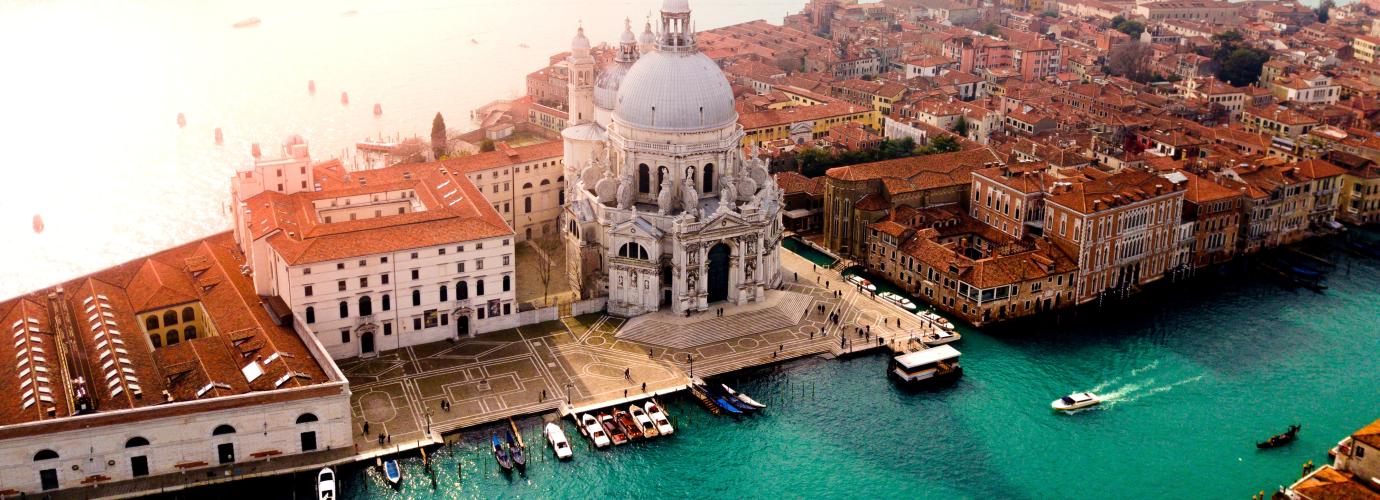The Constitution of the Italian Republic lays down the principles of the education system, starting from parents' right/duty to provide education for their children (art. 30).
Article 34 establishes the duties of the State:
‘Education shall be open to everyone.
Primary education, given for at least eight years, shall be compulsory and free.
Capable and deserving pupils, including those lacking financial resources, shall have the right to
attain the highest levels of education.
The Republic shall render this right effective through scholarships, allowances to families and
other benefits, which shall be assigned through competitive examinations.’
The education of citizens also includes the education and vocational training of citizens with special educational needs (art. 38).
Other fundamental principles are the freedom of teaching, the right of private and public subjects to establish schools and the right of institutions at higher level to have their own regulations.
These principles are described in article 33:
‘Arts and science shall be free and may be freely taught.
The Republic shall lay down general rules for education and shall establish State schools of all
types and levels.
Entities and private persons shall have the right to establish schools and institutions of education,
at no cost for the State.
The law, when setting out the rights and obligations for non-State schools applying for recognition,
shall ensure that such schools enjoy full liberty and offer their pupils an education and
qualifications of the same standards as those afforded to pupils in State schools.
A State examination shall be required for admission to and graduation from the various types
and levels of schools and to acquire qualification to exercise a profession.
Higher education institutions, universities and academies, shall have the right to establish their
own regulations within the limits established by the law.’
The Italian Constitution is available in English and other foreign languages.
The fundamental principles of the Constitution are the basis for all the subsequent legislation.
The legislative framework for school education is quite complex. Here below, a very short list of the basic legislation:
- decree no. 275 of 8 March 1999 providing schools with didactic, organisational and research autonomy;
- law no. 296 of 27 December 2006 which establishes, among the others, the extension of compulsory education to ten years (up to 16 years of age);
- law no. 133 of 6 August 2008 providing for a series of interventions, among which the re-organisation of the school system (DPR 81/2009), the revision of the first cycle of education and of timetables (DPR 89/2009), the reform of the second cycle of education (DPR 87/2010, DPR 88/2010, DPR 89/2010);
- law no. 107 of 13 July 2015, reforming some aspects of the education system (e.g. early childhood education and care, pupils’ assessment, vocational education).
As for the Regional three and four-year education and training courses (Istruzione e formazione professionale - IeFP), legislative references are:
- decree no. 139/2007, on the extension of compulsory education, which establishes the general learning outcomes for students who attend the last two years of compulsory education in the Regional vocational courses;
- the inter-ministerial decree of 29 November 2007 on the quality criteria to be applied by the formative agencies providing regional courses;
- the Guidelines of the Ministry of education, university and research and of the Conference of the Regions providing indications to support the acquisition of key competences in the first two years of upper secondary school, regardless of the type of pathway taken.
As for tertiary education, the main legislative references are:
- decree no. 509 of 3 November 1999, amended by the Decree 270/2004, which has increased the autonomy of universities and defined the qualifications issued by universities according to the Bologna Process
- law no. 508 of 21 December 1999 establishing the sector of the higher education for the fine arts, music and dance (Alta formazione artistica, musicale e coreutica - Afam).
- law no. 240 of 30 December 2010 that introduced a series of provisions on the re-organisation of universities, on the status of the academic staff and on the quality and efficiency of the university system
- law no. 99 of 26 July 2022, which has established Higher technological tertiary education system, reforming the former ITS into ITS Academies, institutions that release ISCED 5 and ISCED 6 qualifications.
A more complete list of current legislation in the education and training sector is available in the 'Legislation and official policy documents' section.
The Italian legislation is available in its current version on the official site ‘Normattiva’.
Contents revised: 16 May 2023

